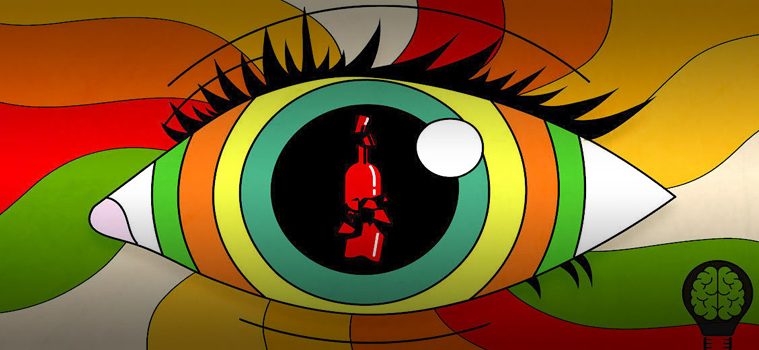THE OMELETTE AT EVERY REHAB –
Aug. 6, 2022 – Alcohol use disorder—more colloquially known as alcoholism—tends to happen slowly, and then all at once. Most people will say a few drinks in social settings starts to balloon into frequent drinks at home, in solitude. And eventually it’s perpetual, as habitual as a cup of coffee might be. Very quickly, the disorder can be incredibly debilitating as you find yourself living a life at the beck and call of addiction, sacrificing your relationships, career, and well-being for another drink to take the edge off. At worst, you’re digging your own grave with each sip.
That’s the reality for roughly 107 million people across the world who suffer from alcohol use disorder. While there are many reasons for the addiction, a lot of cases can be pinned on some combination of a genetic predisposition to addiction, and mental-health issues such as trauma or depression. Alcohol can become a means to cope with stress, depression, and anxiety. Think of the times you had a hard time at work and said something to the effect of, “I need a drink after that week,” or when you got some particularly bad news and cracked open a wine bottle to split with friends.
Of course, there are plenty of places to get help. Groups like Alcoholics Anonymous have provided support for millions of people over the decades. There are even medications such as naltrexone designed to treat alcohol use disorder. However, even these solutions aren’t completely effective. AA has an infamously low success rate of between 8 and 12 percent by some estimates. Naltrexone also comes with side effects like intense nausea and exhaustion, and it isn’t completely effective for many. It also requires the money and resources to get a prescription.



